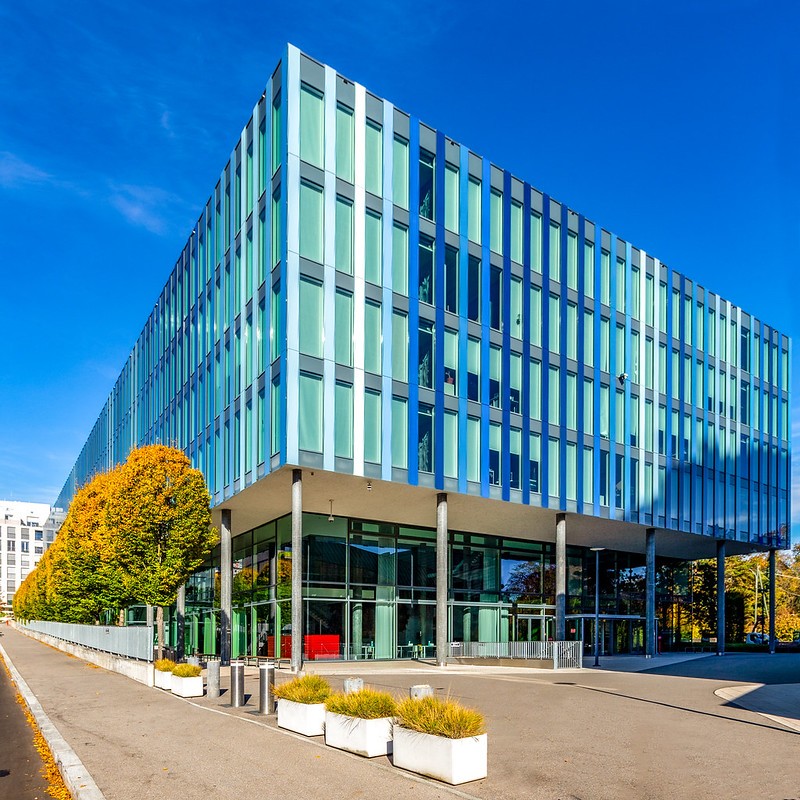Given the decision of Member States to limit interactions at this meeting to stock-taking, the main focus was on the 130-page report issued by WIPO following the three Regional Seminars held in 2019 in Singapore, Nairobi and Santo Domingo and the subsequent international conference held in Geneva last October. The IPA participated in all these events, gathering together local publishers and coordinating closely with representatives of other stakeholders, including authors and CMOs.
Regular WIPO watchers will be familiar with the regional groups’ positions expressed during many years of debate. Those positions were, by and large, maintained, with some Members States satisfied with the current legal framework around educational publishing and its flexibilities, while others continued to call for international instruments or model laws. A need for ‘balance’ was invoked by many — a false dichotomy IPA has previously highlighted. The COVID pandemic was also held up as an example of either why international instruments are needed or exactly why they are not.
IPA President, Hugo Setzer, took the floor to deliver IPA’s reaction to the report and the current situation noting that ‘strong copyright protection as an enabler of local creative industries must be the starting point for any debate on limitations and exceptions, and that the global copyright framework has once again proven to be inherently innovative, enabling publishers to support governments, teachers, parents, and the public in these unprecedented times.’
You can read IPA’s full statement, as delivered by Hugo, here.
Other statements are available here.
With almost no technical issues, the Regional Groups, Members States, and observers raced through their comments and observations in the two-and-a-half hour session, leaving no further business for the Thursday. With that the Chair adjourned the SCCR until Friday.

